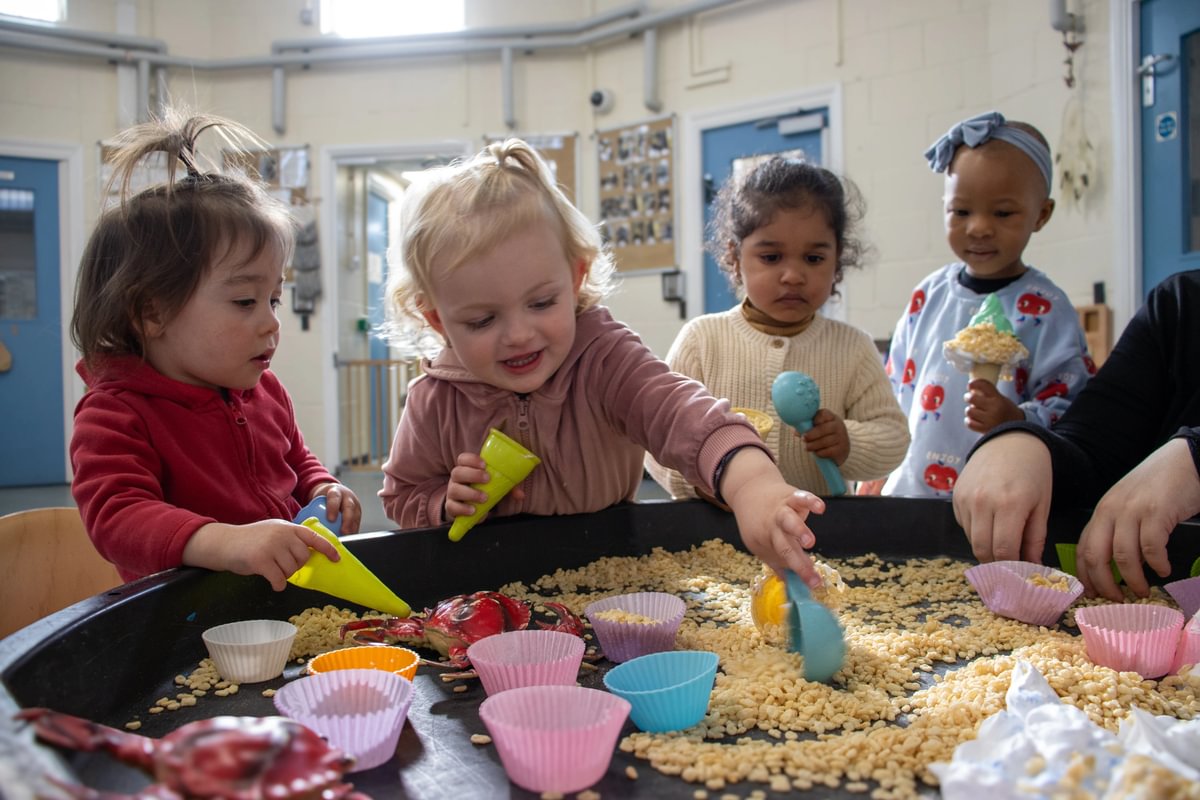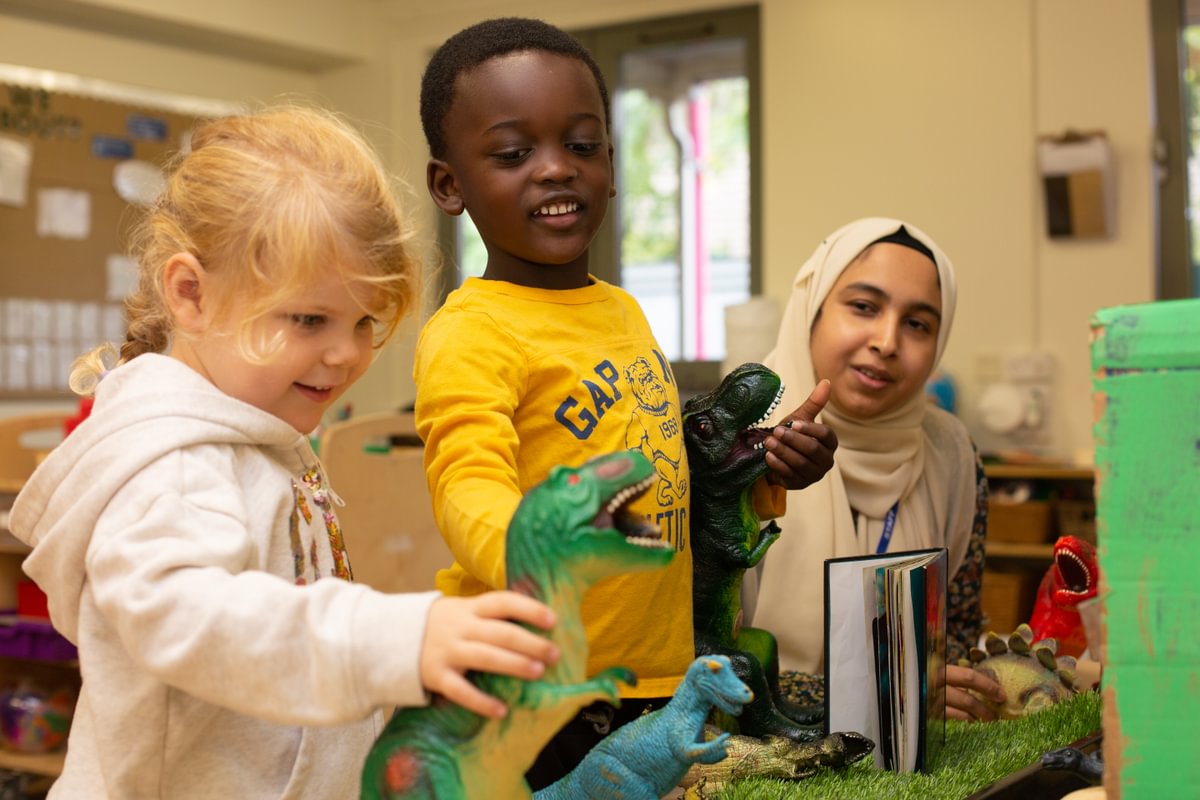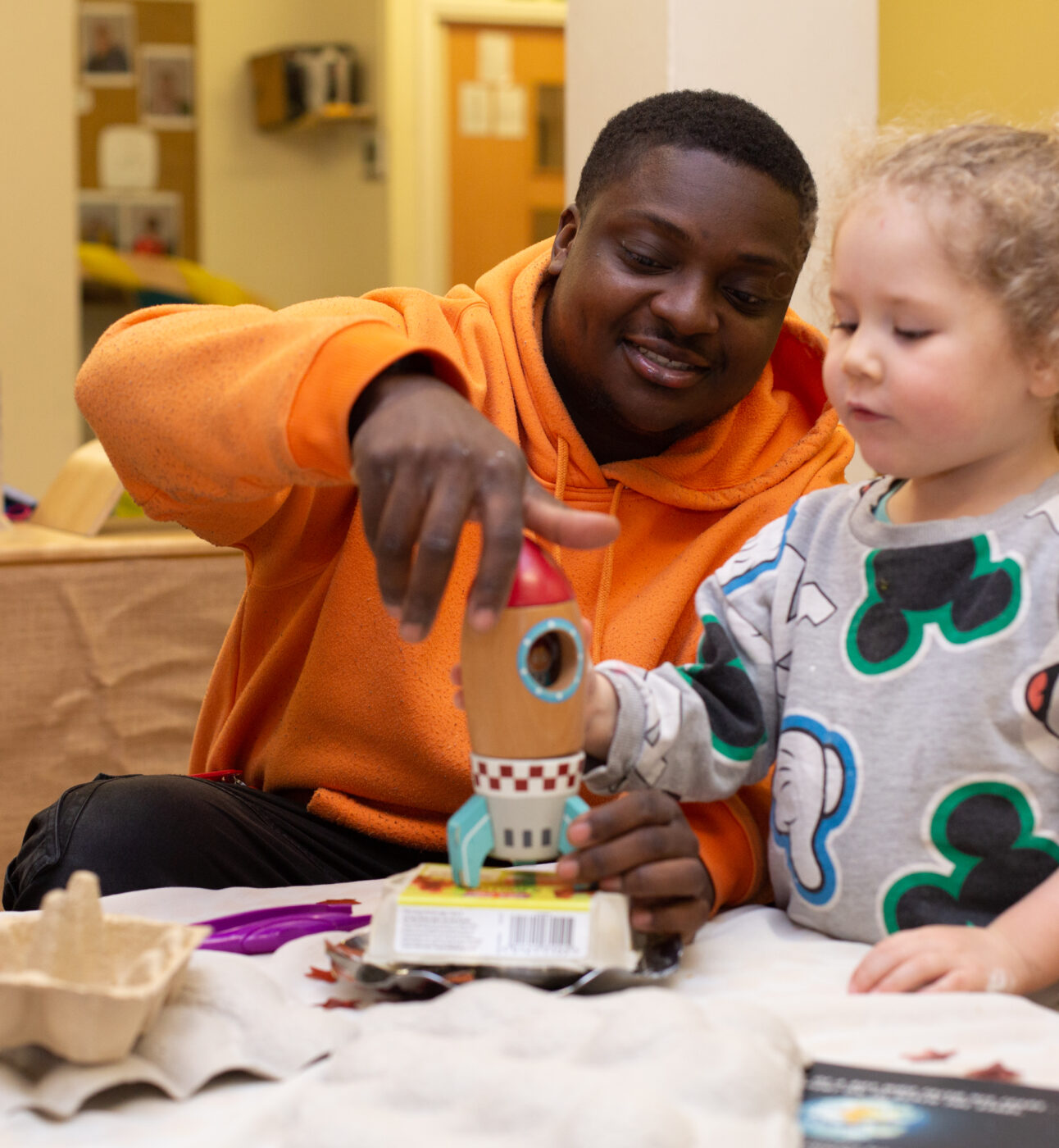
A Conversation with Ofsted: What we learned at the London OBC
On the 7th April, we held the London OBC and here is a summary for those of you who could not attend. We are trying something new,…
March 26th 2021
Last week we hosted a good humoured (it was at wine-time, as chosen by you!) virtual London Ofsted Big Conversation, one year to the day from when inspections were suspended due to COVID-19. “I is for Inspection” and inspections were definitely on the mind. As with all OBCs we had a presentation from Ofsted, in this case the London SHMI Penny Fisher updated us on what Ofsted has been doing. This included an update on regulatory visits which have continued dealing mostly with the welfare of children.
Members of the audience asked more about the regulatory visits as there seems to have been a flurry recently, addressing old incidents and giving new and some contradictory information about what is described as a significant incident and when to report to the Local Authority. We await guidance, check out the Ofsted myth-busting blog.
Many of you will have read the Ofsted research about the impact of COVID-19 on the sector. The slides attached give a clear summary of the process but the findings confirmed:
Wendy Ratcliff HMI gave an update on the safe and phased return to inspecting early education. In line with the reviewed Statutory Guidance the focus will be on (in no particular order, just my list)
Most questions were about, when could individual settings expect a rough date for inspection. Wendy reiterated that Ofsted would take a “proportionate risk-based” approach taking into account what they know about the provider and time not inspected. In essence that means those registrations over 30 months awaiting inspection and those which are inadequate or RI are likely to be first.
There was a question about assessment and documentation. Wendy reiterated that Ofsted is not looking to see paperwork but they are looking to understand that what the experience the children have in the setting and how staff how well staff know them she identified the dangers of missing knowledge and the importance of careful curricular sequencing and reminded us that Ofsted believed communication language is central to the EYFS areas of learning because knowing more words makes you smarter and the recent evidence suggests that a child with limited vocabulary is 6 times more likely to fall behind their peers by the age of 11 and twice as likely to be unemployed by the age of 34 .She questioned whether we are always ambitious enough for our children from poorer backgrounds and referred people to the Neli website which is the Nuffield funded research on language support (there is some interesting research by Simpson at Teeside University on lack of ambition for poor children which is worth a look).
I took advantage of being Chair and asked about babies’ wellbeing and whether the new system for babies being handed over by a masked adult to another masked adult is the settling-in approach more akin to the Handmaids Tale than the modern practices aligned to the theories of attachment and brain development and impact of stress on children development. I referenced a conversation with managers at LEYF nurseries who suggested that the preparation for a child arriving using virtual showarounds, settling meetings in the garden, more emails and telephone communication with parents, extra photographs from day one and handover information was now all the more important if we were to reassure parents. I suggested that the welfare of babies should be the next piece of research completed by Ofsted as the numbers of babies attending nurseries was very high.
We concluded the evening with a presentation from Saudaa Nadat on a wellbeing project called Bikeworks, which is part of the LEYF action research approach. She shared why we asked the question about how we use bikes in the nursery to children, staff and parents. Saudaa also reminded us of the relevance of supporting children’s physical development given that one in four children in London is obese. She also noted that examining how we use ordinary resources in nurseries is important so we can think about how we use them as well as recognising the poetry of our back gardens. The research is not yet completed with observations to be analysed. It will be published later in the year. The message at LEYF remains strong; teacher- lead research is significant in improving quality and better our understanding of our pedagogical leadership roles.
We will schedule the next OBC when we have had a term of inspections. Remember the revised EYFS will be in operation from September so there may be more issues. So OBCs are important as a discussion platform. Keep you eye on the Ofsted ball.
Slides from the event are available now:
OBC Ofsted Slides (17.03.21)
OBC Bikeworks Wellbeing Slides (17.03.21)
Click here to watch the full video of the event.

On the 7th April, we held the London OBC and here is a summary for those of you who could not attend. We are trying something new,…

Why the social enterprise model could be the solution to fixing England’s broken childcare system by expanding access to the communities that need it most. England is…

Social enterprises are driven by social justice and deliver a range of public services including health, social care, children, services, education, homelessness, housing, domestic abuse, public health, leisure, culture, employment,…